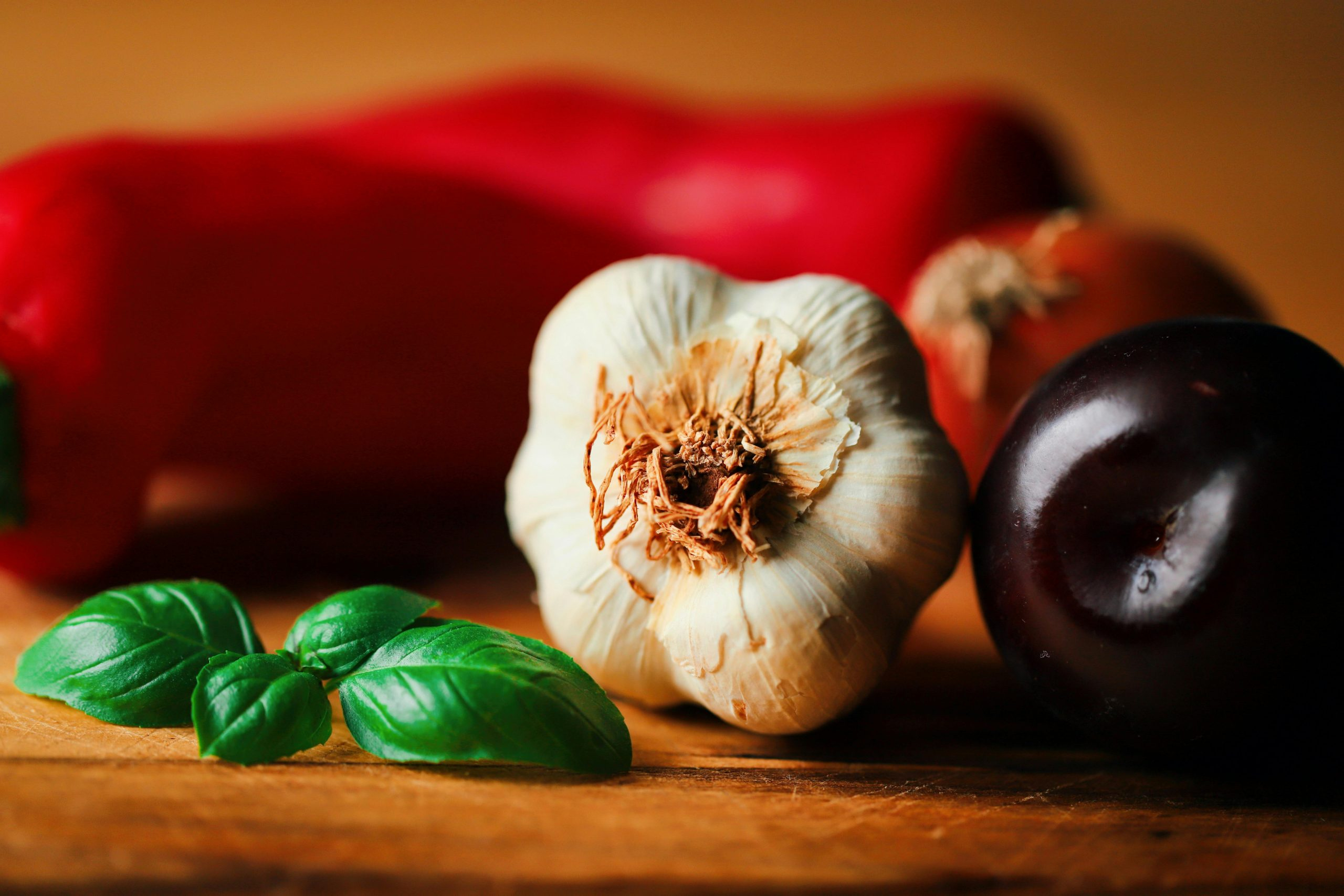The Impact of Seasonal Eating on Flavor and Nutrition
When we think about food, we often focus on its taste, nutritional value, and how it satisfies our cravings. But have you ever stopped to think about how the season in which a particular food is grown can impact its flavor and nutrition? The concept of seasonal eating is not just a trend; it has been practiced by cultures all over the world for centuries. Our ancestors understood the importance of consuming food that is in season not just for its taste, but also for its nutritional benefits. In recent years, with the rise of industrialized agriculture and year-round availability of produce, seasonal eating has taken a back seat. However, people are starting to realize the impact of consuming out-of-season food on their taste buds and health. In this article, we will delve into the impact of seasonal eating on flavor and nutrition and why it is important to incorporate it into our diets.
The Seasonal Eating Phenomenon
What is Seasonal Eating?
Seasonal eating is the practice of consuming fruits and vegetables that are harvested in the current season. In simpler terms, it means eating foods that are at their peak freshness in your local area. Before the advent of modern farming techniques and international trade, people relied on what was locally available to them. It was a way of life, and seasonal eating was a natural part of it. However, with the rise in global trade and industrialized agriculture, we now have access to fruits and vegetables all year round. While it may seem convenient, these foods may not necessarily be fresh or have the same flavor and nutrient profile as their seasonal counterparts.
The Impact of Seasonal Eating on Flavor
You may have noticed that certain fruits and vegetables taste better at certain times of the year. For instance, strawberries are sweeter and more flavorful during the summer, while apples are at their peak in the fall. This is because when produce is grown in its natural season and ripens on the plant, it develops more flavor. The fruits and vegetables are picked at just the right time when they are at their peak, which gives them a better taste.
On the other hand, out-of-season produce is often picked before it is fully ripe to withstand long-distance transportation. It is then ripened artificially, using ethylene gas. While this process may make the fruits look ripe and ready to eat, it doesn’t necessarily mean they are at their peak flavor. This is why a tomato that is in season tastes much sweeter and juicier compared to a tomato that is grown out of season.
The Impact of Seasonal Eating on Nutrition
Apart from flavor, seasonal eating also has a significant impact on the nutritional value of food. Fruits and vegetables that are eaten in their natural season have more nutrients than those grown out of season. This is because local, seasonal foods are picked when they are ripe and at their peak nutrient content. Once picked, their nutrient content starts to decline, so consuming them when they are fresh ensures you get the most out of your produce.
The longer the transportation time, the more nutrients are lost. Studies have shown that some fruits and vegetables may lose up to 50% of their nutrients before they reach their final destination. This means that consuming out-of-season produce not only impacts their flavor but also their nutritional value.
Benefits of Seasonal Eating
Environmental Benefits
Seasonal eating is not just beneficial for our taste buds and health but also for the environment. When we consume locally grown, seasonal produce, we reduce the carbon footprint that comes with transporting food long distances. This promotes sustainability and reduces our contribution to pollution and global warming.
Supporting Local Farmers
By buying seasonal produce from local farmers, we are supporting our local economy and helping small-scale farmers. Buying produce that is out of season and grown overseas takes away business from local farmers and harms the local economy. By embracing seasonal eating, we can support our local farmers and promote sustainable agriculture.
Cost-Effective
Another benefit of seasonal eating is that it is cost-effective. When produce is in season, there is an abundance of it, which leads to a lower price point. On the other hand, out-of-season produce is often more expensive due to the transportation costs and the lower yield. So, by opting for seasonal produce, you not only get better quality but also save some money.
Incorporating Seasonal Eating into Your Diet
Now that we understand the importance of seasonal eating, the question is, how do we go about incorporating it into our diet?
Educate Yourself
The first step is to educate yourself about what fruits and vegetables are in season in your local area. You can find this information online or by visiting your local farmers’ market. To ensure you are consuming seasonal produce, opt for fruits and vegetables that are grown in your region.
Experiment and Be Creative
Seasonal eating may seem daunting at first, as you may be used to having your favorite fruits and vegetables available all year round. But the beauty of seasonal eating is that it introduces you to new and exciting produce. Embrace this and experiment with different recipes and cooking methods to add variety to your meals.
Choose Frozen or Canned Produce
If you are struggling to find fresh seasonal produce or want to stock up for the off-season, opt for frozen or canned options. These are great alternatives as they are picked and packaged when they are at their peak freshness and retain most of their nutrients.
In conclusion, the impact of seasonal eating on flavor and nutrition cannot be ignored. By incorporating seasonal produce into our diets, we not only get to enjoy the full flavor and nutritional benefits of food, but we also support local farmers and promote sustainability. So, next time you’re grocery shopping, keep in mind the season and opt for locally grown, seasonal produce for a healthier and tastier option.











